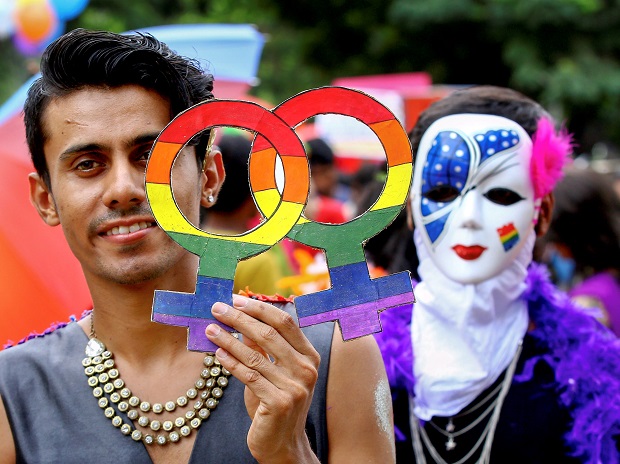Section 377: India's battle with colonial-era law for same-sex love
A
colonial-era law that criminalizes homosexual sex is viewed by many as a blot
on the idea of India as a liberal democracy
Current Affairs News:
Five judges
on India’s Supreme Court are hearing a challenge to a law that criminalizes
homosexual sex — Section 377 of the Indian Penal Code, introduced by British
colonial authorities in 1861 and kept on the books in independent India.
The
Indian government told the court, which began hearings last Tuesday, that it
would leave it to the wisdom of the judges to decide whether Section 377
violates fundamental rights to life, liberty and personal security as long as
it does not get into broader issues like marriage, inheritance and adoption.
But these are inevitable. Menaka Guruswamy, a lawyer for the plaintiffs against
Section 377, argued that it was love that needed to be “constitutionally
recognized” and not just sex.
Social
media and newspapers are filled with conversations and reports about Section
377, but L.G.B.T. life in India has long bypassed the law. Last week I got a
message about “Pink Coffee,” a gay get-together at a cafe in Kolkata. A few
weeks earlier, Varta, a local nonprofit, introduced an online database of
L.G.B.T.-friendly therapists, doctors and legal aid providers in India. Days
later I went to the regular gay dance party at a luxury hotel in the city.
This
is a very different India from the one I came out in. The first gay Indian I ever
met was Siddhartha, a lanky young man with charmingly crooked teeth. He had
been my senior at a missionary-run school in Kolkata and had recently returned
from university abroad.
Article
Source >> BS




Comments
Post a Comment